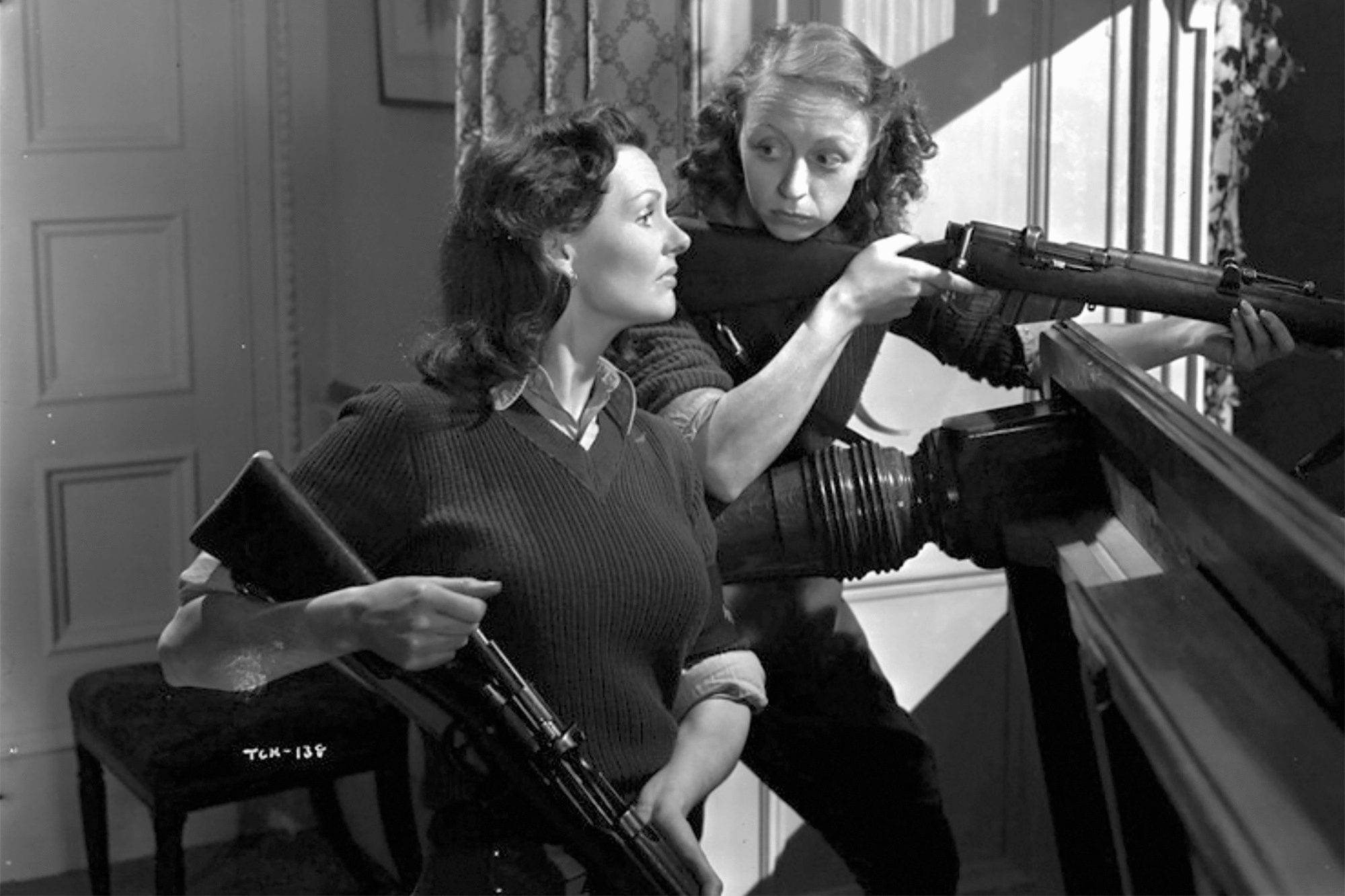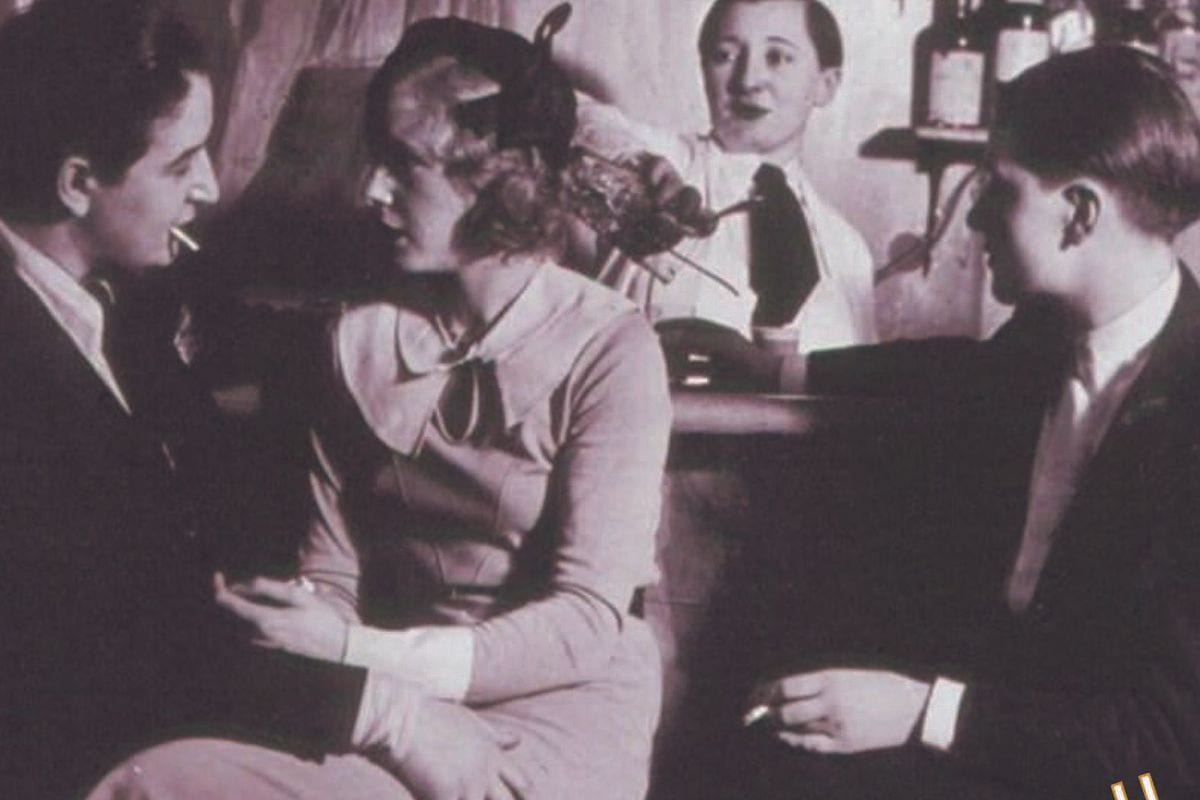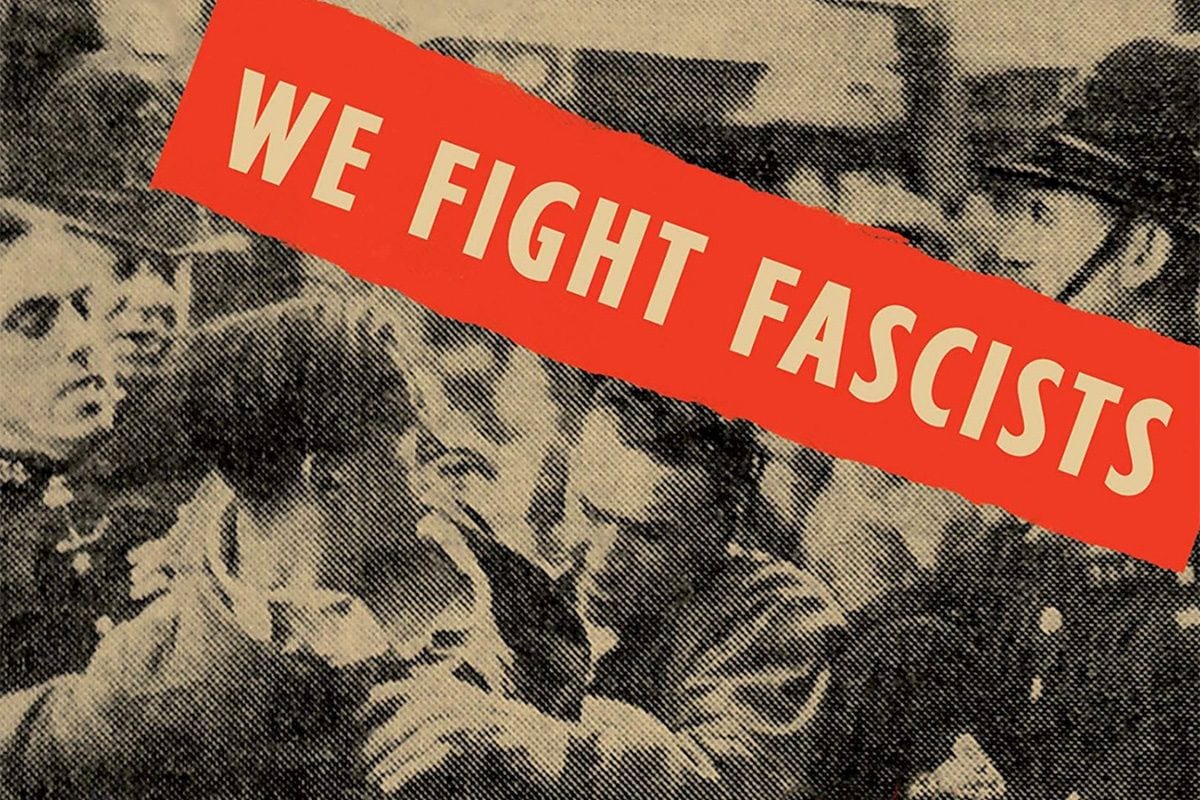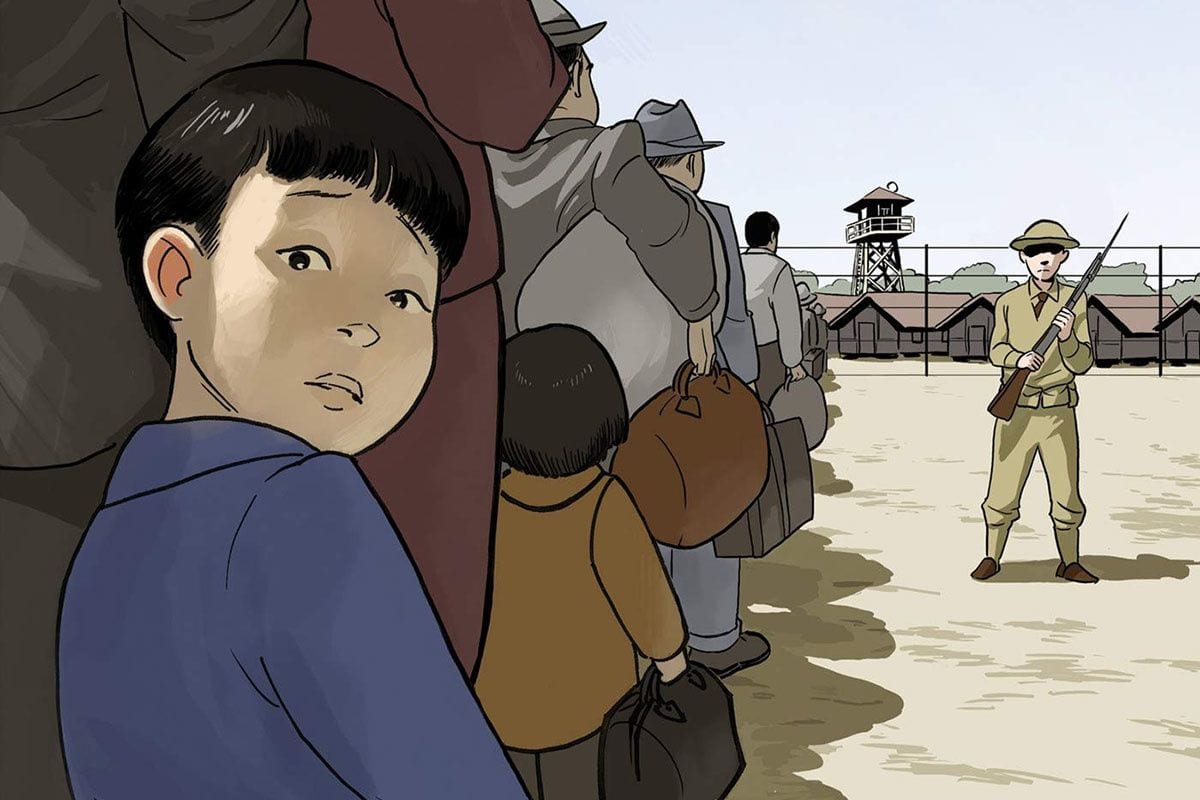
What Will Come? COVID-19 and the Politics of Economic Depression
The financial crash of 2008-2010 reemphasized that traumatic economic shifts drive political change, so what might we imagine — or fear — will emerge from the COVID-19 depression?

The financial crash of 2008-2010 reemphasized that traumatic economic shifts drive political change, so what might we imagine — or fear — will emerge from the COVID-19 depression?

These WWII films from directors Alberto Cavalcanti, Guy Hamilton, Michael Anderson, Leslie Norman and J. Lee Thomson are excellent studies in history, filmmaking, and wartime propaganda.

Far from being escapist entertainment, Herz's The Cremator is a dissection of evil and how deluded one becomes in willing themselves to power.

In addition to its literary significance, Jean Giono's newly translated Occupation Journal is also an important reminder of the value of pacifism in a world where over-eager partisanship is once more merging with the enthusiastic violence of political dogma.

Never Anyone But You is an inspiring tale of surrealists Claude Cahun and Marcel Moore, who defied homophobia, Nazis, and gender norms while pushing the boundaries of art and love.

Two Scottish comedies from Alexander Mackendrick, Whiskey Galore! and The Maggie, were part of Ealing Studios movies meant for a depressed postwar England to "let off steam".

Anti-fascist militants have played an important role in protecting community and democracy. Daniel Sonabend's We Fight Fascists brings light to that battle against fascism in post-war Britain.

The powerful graphic novel Grass documents the atrocities against WWII "comfort women" through the recollections of a survivor. This is an incredibly powerful and urgent work that, frankly, should be read by the governments of all nations that must face, admit to, and begin real reparations for their country's atrocities.

Horizontal Collaboration, the superb French comic by Navie and Carole Maurel, reassesses the sexist biases of history.

In graphic memoir They Called Us Enemy, iconic Star Trek star George Takei draws from his family's experience of Japanese-American internment camps to warn of a potentially dark future.

John Hersey covered Hiroshima and America's race riots with empathy, courage, and profound humility. Jeremy Treglown's biography, Mr. Straight Arrow, should bring a new generation of readers to Hersey's work.

Authors Rosa Liksom and Luce D'Eramo brilliantly convey the seduction and willful disbelief associated with fascism; how one brushes off their misgivings, thinking that it will be different for them.